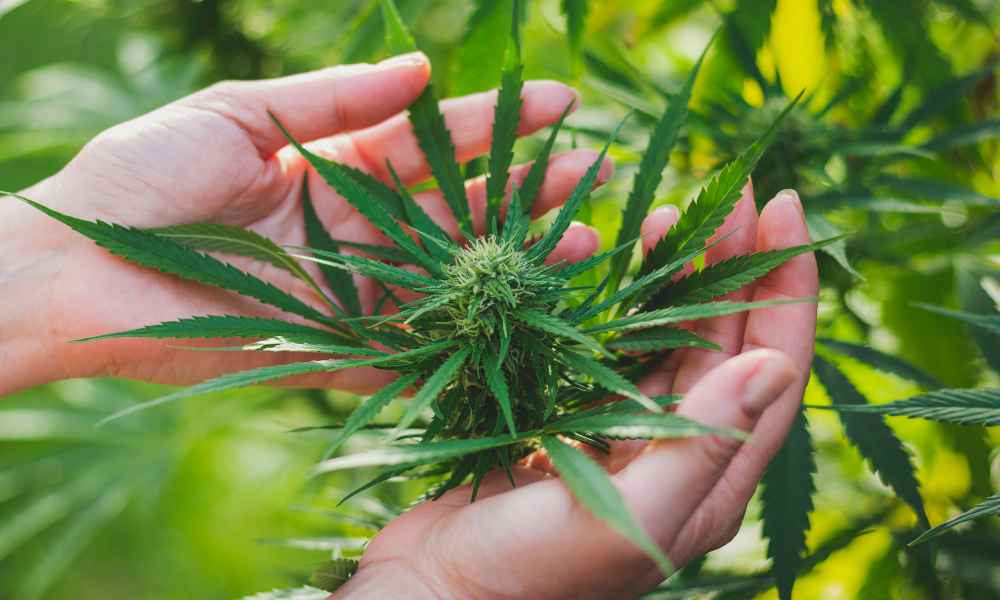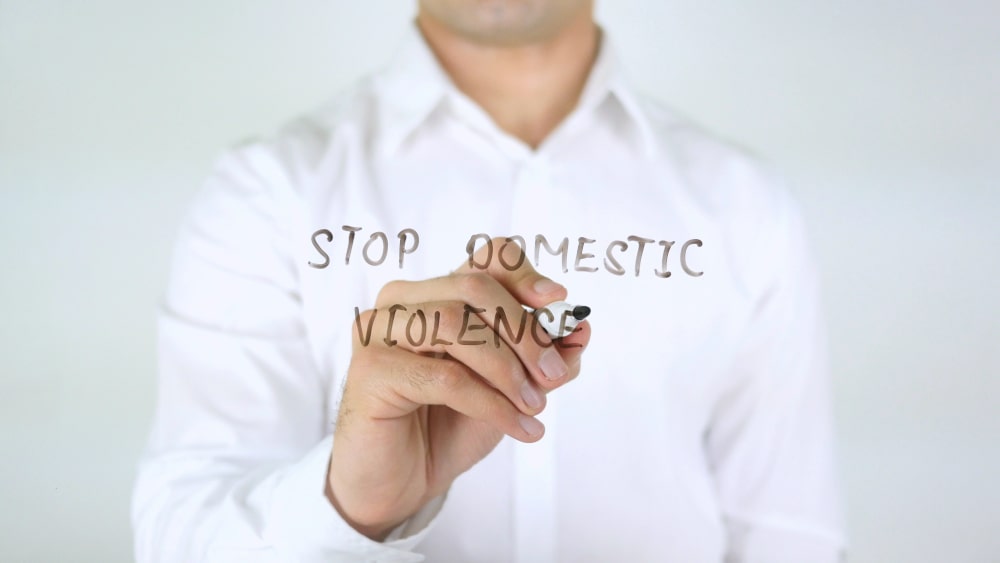
Cannabis has been at the center of a lot of attention in Canada. It is a substance that was illegal for many years, and has recently been deemed legal to purchase and grow within certain parameters. There are still legal limitations to growing your own cannabis on your property, however, and it is crucial for you to be aware of the limitations of your growing plans.
There are various by-products related to the growing of cannabis, as well as the creation of products that are made from it, that can be dangerous and can lead to a risk of health hazards. These concerns are part of why there are still limits to how much cannabis you can grow on your property and without legal supervision.
Growing Cannabis at Home
As of 2018, you are allowed to have up to 30 grams of legal cannabis that is dried or equivalent in its non-dried form. You will be able to share this same amount of cannabis with other adults. You can grow up to 4 cannabis plants on your property from seedlings or licensed seeds. These are considered personal use plants, and you cannot exceed this number or start a farm for your own personal use that is any bigger than this.
You can make cannabis products at home, such as food or drink products, so long as you are not creating concentrated products. The rules and amounts of cannabis for dried versus fresh are different. You can have up to 150 grams of fresh cannabis per the law. 1 gram of dried cannabis is equal to 5 grams of fresh cannabis, 15 grams of edibles, 70 grams of liquid cannabis products, 0.25 grams of concentrates that can be in solid or liquid form, or 1 cannabis plant seed.
These equivalencies are in place to make sure that people are not exceeding the amount of legal growing that they are doing and skirting around the rules and regulations related to personal use and personal growth.
Growing for Sale
When you want to grow cannabis that you intend to sell, you need to follow the proper licensing process to be allowed to do this legally. The Excise Act of 2001, and information added to it since, governs those that are cultivating cannabis products for sale, those producing cannabis products, and those who are packaging cannabis products for sale. You will need a CRA cannabis license as well as a Health Canada Licence to grow your own cannabis for sale.
The licence for this kind of business expires every 2 years and must be renewed manually. Those who are growing must be eligible to meet the requirements for licensure – this means that you are not in receivership, that you have not been charged with failure to comply with any Act of Parliament, and that you have not defrauded her Majesty in the past 5 years. Each individual who works for the business must be at least 18 years of age, and the business needs a valid business address that is located in Canada.
There are various other rules and regulations that must be followed to secure your growing license, and your business might need to comply with additional demands if you are working in a unique portion of the cannabis industry. There is also minimum security that is required for licensees that are only cultivating or growing. This number is higher for those who are packaging, and comes in at $5 million. For growers, it is $5,000.
Special Rules for Growing Cannabis at Home in Provinces
Some provinces have their own unique laws that you must make sure to comply with related to growing cannabis at home for your personal use. You will need to be sure that you have verified what the specifications are for legal growing in your home province. The rules that apply in one province might not be correct in another location within Canada.
Quebec has chosen to be exempted from the legalization of cannabis, so it is not legal to grow your own cannabis in this province. Manitoba also only allows you to grow if you have a medical license. Make sure that you do some research before you assume that growing at your house is legal.
Security Measures for Growing Cannabis Plants
Due to the fact that this substance is highly marketable for those who are not yet willing to comply with the current regulations for cannabis, it is important for you to have security in place for the cannabis that you are growing at home. You will want to have a fence with a locking gate, and you should consider installing an alarm system. Keeping people from being able to access your plants and products is important.
You will also want to be sure that your plants are not visible from the street, and that you limit cannabis smells coming from your home or yard. This is the best set of measures to take to protect your property from theft or damage related to having cannabis growing on your property. You can reduce your risk by only sharing the information that you are growing cannabis with your close friends as well.
Following Canada’s Cannabis Laws is Important
You can now grow cannabis in your home for your own personal use, or you can choose to go into the cannabis business, but you must carefully follow all the rules and regulations that are in place to govern this substance. This is still a drug, albeit a legal one, and you will need to act with care when you are giving this product to friends or telling others that you have some growing in your yard. Business owners will need to comply carefully with a variety of laws and make sure that they are well aware of the growing limitations and strictures in their province.
At Vilkhov Law, we can help you make sense of the regulations specific to your situation surrounding the legality of cannabis, and help you in ensuring absolute certainty when it comes to your cannabis business. Contact a member of our team today to speak with an experienced drug lawyer who has the answers to all of your questions.






